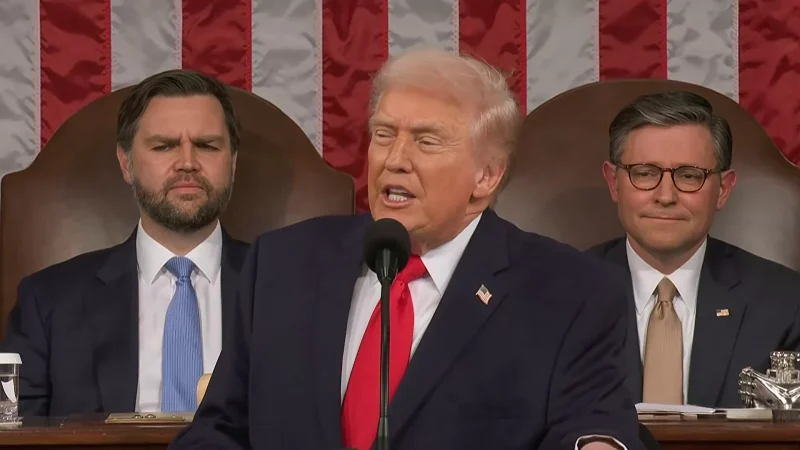By Phil Riske | Managing Editor, Rose Law Group Reporter
STATE CAPITOL – A bill that would take away local control over home energy standards and establish a state-regulated standard failed Monday in the Senate Committee on Energy, Environment and Natural Resources on a 4-4 vote.

After passage of the bill (SB 1321) in the Senate (18-10), heavy opposition from cities and towns has grown, and loss of local control was the theme of opposition to the bill in the House committee.
“It’s a bad bill for families, it’s a bad bill for children,” testified Jeff Schlegel of the Southwest Energy Efficiency Project (SWEEP). “[It] would prevent affordable housing” and could increase the cost of a home.
The bill would prohibit counties, cities, towns or other political subdivisions from further regulating residential energy consumption or energy efficiency.
Two international codes establish minimum design and construction requirements for energy efficiency residential structures. Both codes, originally released in 2000, are amended every three years. The Home Energy Rating System (HERS) Index as a measure of home energy efficiency is based on comparison of a residence to a theoretical reference home of the same size and shape as the actual home being measured.
The bill stipulates a residential building rated with a HERS score of 75 or lower be considered compliant with legal requirements for energy efficiency or conservation established by a municipality, including building codes and ordinances.
The bill only affects municipalities that have adopted home energy efficiency standards.
Committee Vice Chair Karen Fann (R-Prescott) said she would vote for the bill for the time being, saying that while she’s supports local control, local communities should not be able to—as one lawmaker put it—“go hog wild” with standards that could turn a $100K home into a $200K home.
Committee Chairman Frank Pratt (R-Casa Grande), who voted for the bill, said a lack of consistency in local building codes is problematic for homebuilders.
Stakeholders are expected to regroup and attempt a compromise on the measure.
Twenty-five people registered against the bill compared to 12 in favor.
Federal standards for appliance energy codes are scheduled to take effect in 2015.
In other committee business, no one showed up to testify on a memorial (SC1001) further expressing Arizona’s sovereignty wishes by asking all environmental standards be under the authority of the state. It reads:
Urges the U.S. Congress to:
a) enact legislation to modify the Clean Air Act to further clarify that the states, not the EPA, have the primary role in developing plans for regulating air pollutants; and
b) require the EPA to fully consider the impact new regulations would have on the state and the national economy before adopting or implementing those regulations.”
The committee adopted the memorial on a unanimous vote.






